
OR
HRC membership
Nepal’s election to the United Nations Human Rights Council, a 47-member inter-governmental body responsible for “strengthening the promotion and protection of human rights around the globe”, is a momentous occasion. It is the first time Nepal has been elected to this top UN human rights body after it was re-jigged in 2006. Before that Nepal has been twice elected in what was then the UN Commission on Human Rights. Nepal will be joined in the council by two other SAARC members: Afghanistan and Pakistan. The Ministry of Foreign Affairs, and the outgoing foreign minister Krishna Bahadur Mahara in particular, had lobbied hard abroad for Nepal’s membership. Their effort has borne fruit. It is a matter of pride for all Nepalis that their country has found a respectable place at the global high table. But what exactly does the membership entail? How will the country benefit from it? And are there any downsides to HRC membership? A holistic evaluation of Nepal’s rights and duties as HRC member is warranted so that Nepal can play its cards well.
The pros first. Council membership offers Nepal a wonderful global platform to inform the rest of the world about Nepal’s own human rights journey, about how the new Nepali constitution makes the Nepali people sovereign and confers on them, bar none, all the internationally-recognized human rights. There are still many misconceptions about the new constitution in the international community, particularly concerning the rights of minorities and marginalized communities. The council seat will allow Nepal to show to the rest of the world just how progressive and forward-looking our constitution really is, even though it is far from perfect. Another thing that the world deserves to know about is Nepal’s unique peace process, and the successful assimilation of the warring Maoists into democratic politics. The segregation of Maoist combatants into UN-monitored cantonments, their integration into security forces and rehabilitation of the rest into the society are things all war-torn countries can learn from. The country has also made laudable progress in securing the rights of women and marginalized communities. Nepalis are justifiably proud of these achievements, which in turn offer valuable lesson to other underdeveloped countries. But are there also downsides of Nepal’s HRC membership?
There is no downside as such, just some issues Nepal needs to come clean on. For instance there may now be more scrutiny on the country’s incomplete transitional justice process. Why has the process been so slow? How will the country ensure that the voices war victims are adequately heard? Nepal has nothing to hide. Transitional justice is by nature a messy business, and international experience suggests it can take years, even decades, to properly settle all war-time cases. It is nonetheless vital that the international community knows about the complexities of transitional justice in Nepal. That will not be enough though. Along with it there also has to be a firm commitment to follow a process that is fair and transparent. On the balance of things, HRC membership is a rare opportunity for Nepal to prove its potential as a responsible member of the international community. If the country plays this role wisely, who knows, HRC membership may serve as a stepping stone to membership of the all-important UN Security Council.
You May Like This
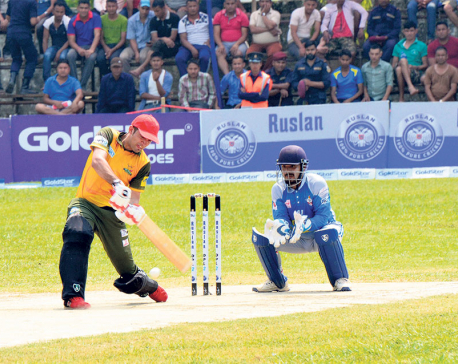
Dhamala, Mustafa shine again as Chauraha registers second win in DPL
DHANGADHI, April 4: Team Chauraha Dhangadhi has registered its second win in the ongoing second Dhangadhi Premier League as it beat... Read More...
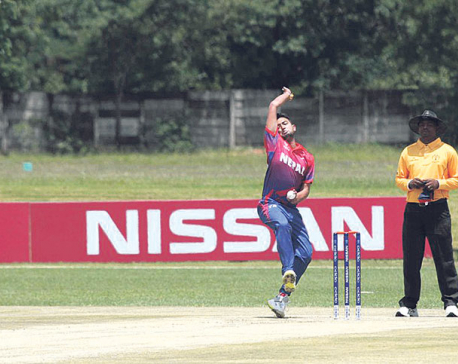
Youngsters shine as Nepal beats UAE in first warm-up match
KATHMANDU, Feb 28: A 46-run partnership between Aarif Sheikh and Sharad Vesawkar sealed a five-wicket win for Nepal in its first... Read More...

Rise and shine
Left economic agenda ... Read More...
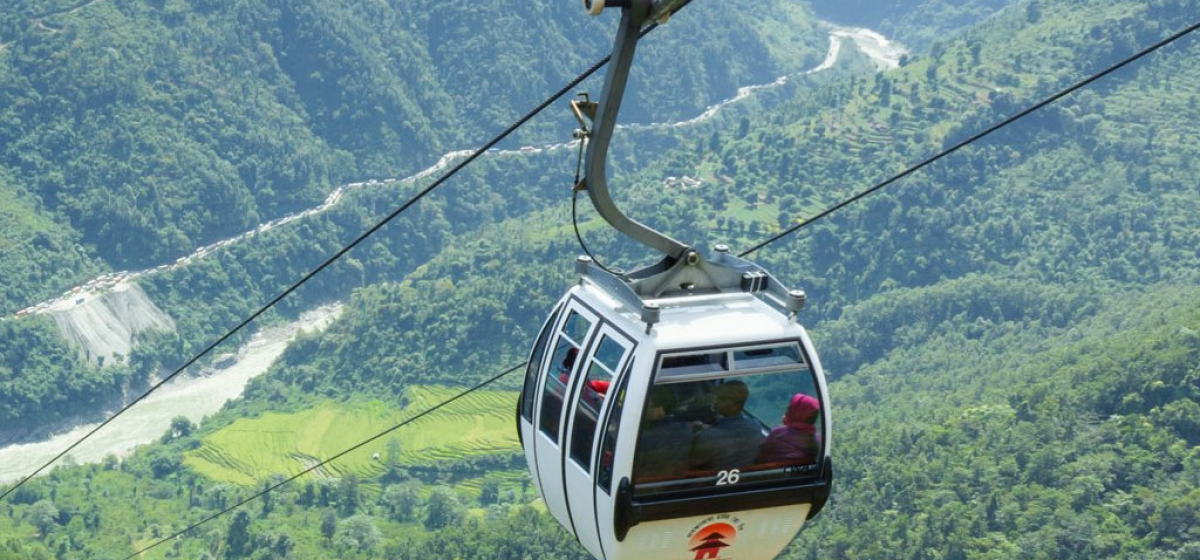


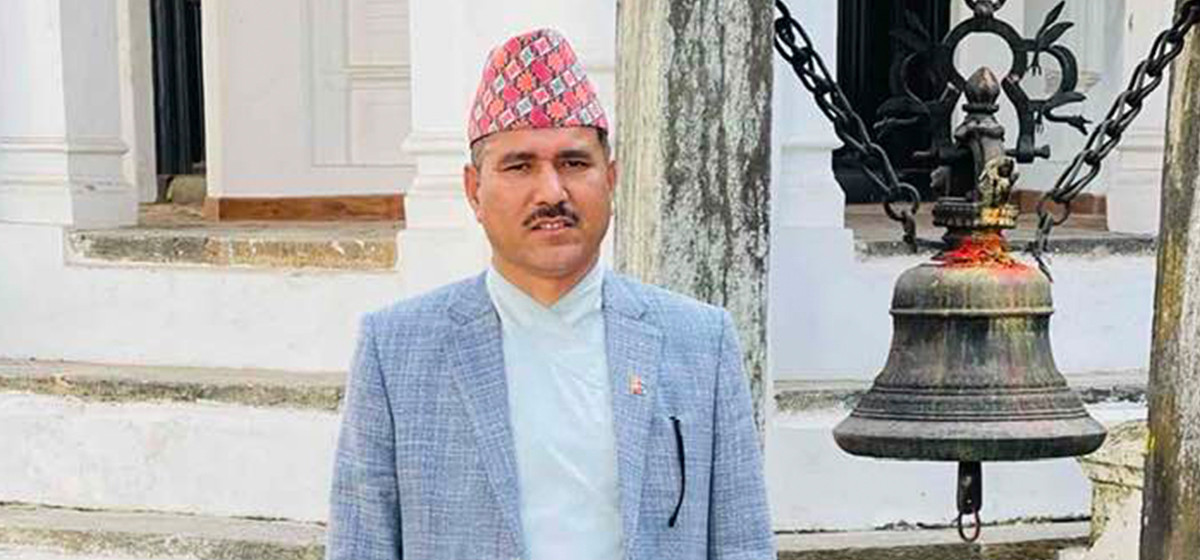
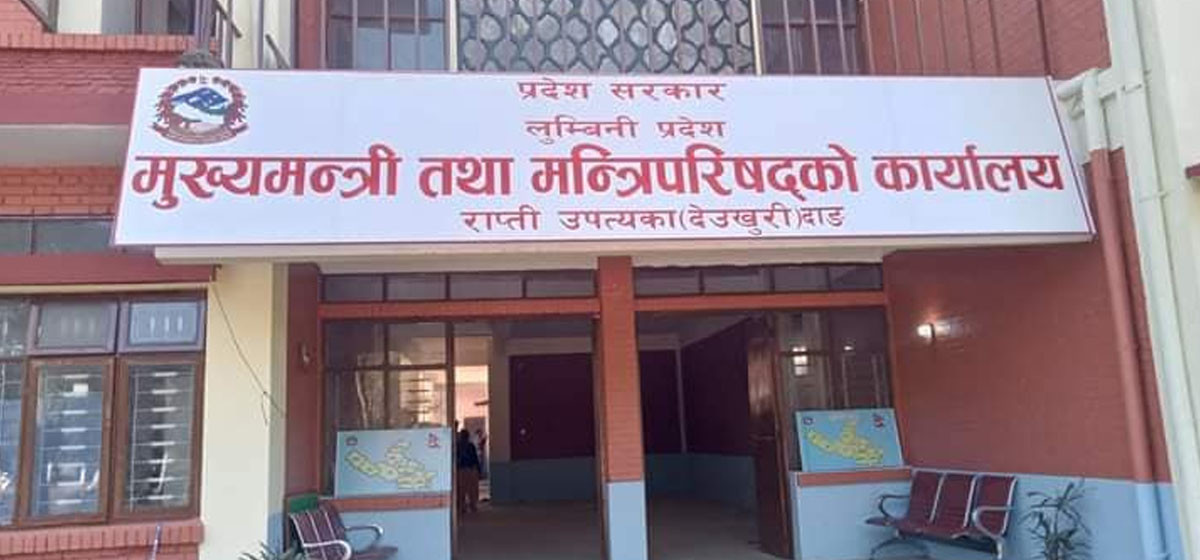
Just In
- Manakamana Cable Car service to remain closed tomorrow
- Nepal govt’s failure to repatriate Nepalis results in their re-recruitment in Russian army
- Sudurpaschim: Unified Socialist leader Sodari stakes claim to CM post
- ED attaches Raj Kundra’s properties worth Rs 97.79 crore in Bitcoin investment fraud case
- Newly-appointed Auditor General Raya takes oath
- CM Mahara expands Cabinet in Lumbini Province
- FinMin Pun addresses V-20 meeting: ‘Nepal plays a minimal role in climate change, so it should get compensation’
- Nepalis living illegally in Kuwait can return home by June 17 without facing penalties











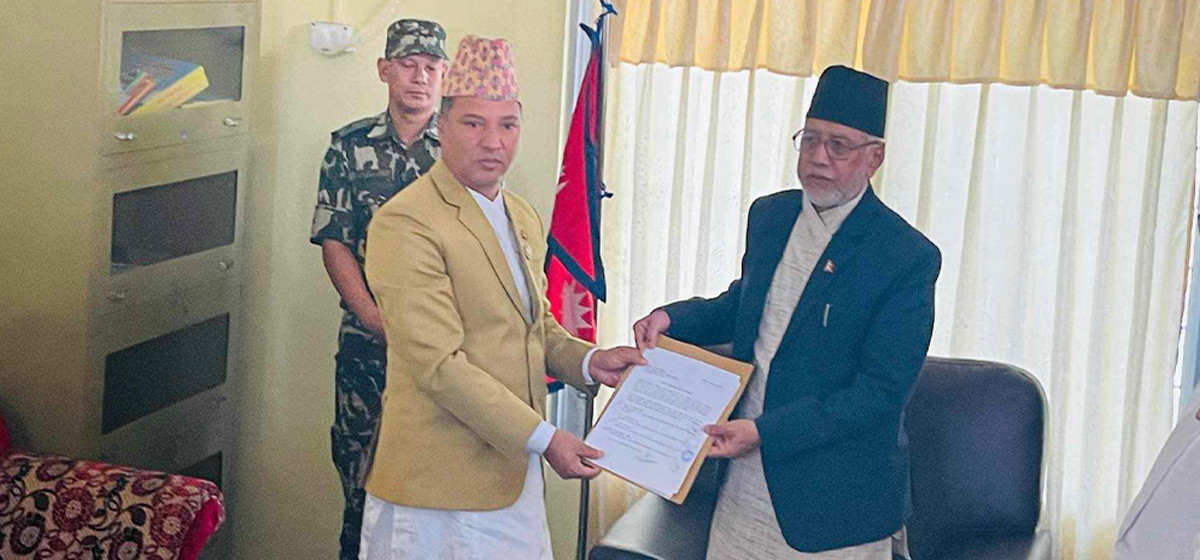
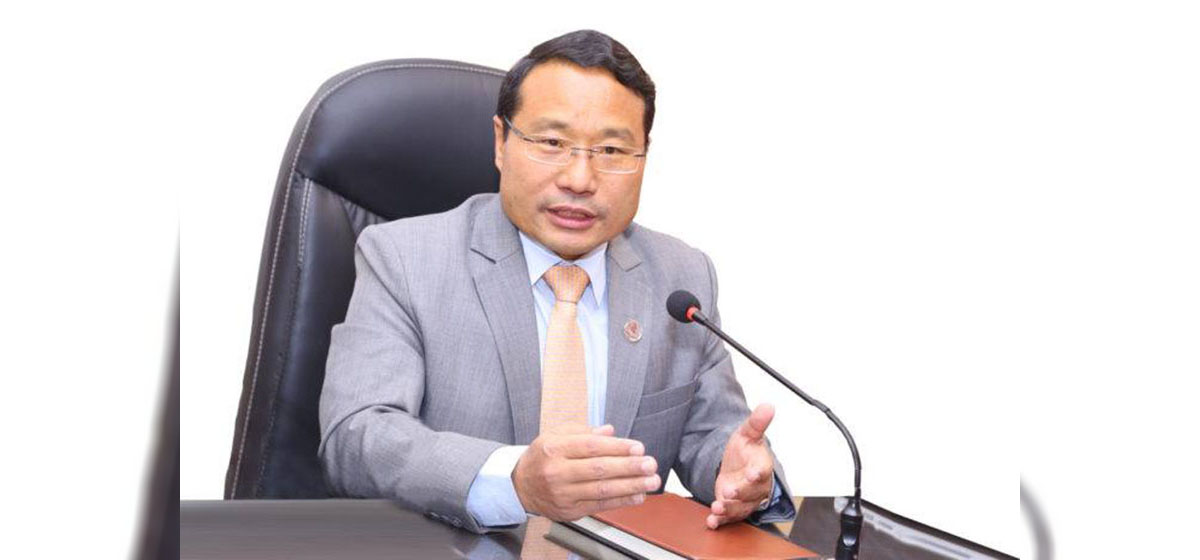

Leave A Comment